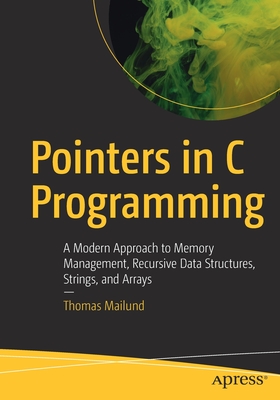Ontology-Based Development of Industry 4.0 and 5.0 Solutions for Smart Manufacturing and Production: Knowledge Graph and Semantic Based Modeling and O
Abonyi, János, Nagy, László, Ruppert, Tamás
- 出版商: Springer
- 出版日期: 2024-01-02
- 售價: $7,460
- 貴賓價: 9.5 折 $7,087
- 語言: 英文
- 頁數: 271
- 裝訂: Hardcover - also called cloth, retail trade, or trade
- ISBN: 3031474430
- ISBN-13: 9783031474439
-
相關分類:
企業資源規劃 Erp
海外代購書籍(需單獨結帳)
相關主題
商品描述
This book presents a comprehensive framework for developing Industry 4.0 and 5.0 solutions through the use of ontology modeling and graph-based optimization techniques. With effective information management being critical to successful manufacturing processes, this book emphasizes the importance of adequate modeling and systematic analysis of interacting elements in the era of smart manufacturing.
The book provides an extensive overview of semantic technologies and their potential to integrate with existing industrial standards, planning, and execution systems to provide efficient data processing and analysis. It also investigates the design of Industry 5.0 solutions and the need for problem-specific descriptions of production processes, operator skills and states, and sensor monitoring in intelligent spaces.
The book proposes that ontology-based data can efficiently represent enterprise and manufacturing datasets.The book is divided into two parts: modelingand optimization. The semantic modeling part provides an overview of ontologies and knowledge graphs that can be used to create Industry 4.0 and 5.0 applications, with two detailed applications presented on a reproducible industrial case study. The optimization part of the book focuses on network science-based process optimization and presents various detailed applications, such as graph-based analytics, assembly line balancing, and community detection.
The book is based on six key points: the need for horizontal and vertical integration in modern industry; the potential benefits of integrating semantic technologies into ERP and MES systems; the importance of optimization methods in Industry 4.0 and 5.0 concepts; the need to process large amounts of data while ensuring interoperability and re-usability factors; the potential for digital twin models to model smart factories, including big data access; and the need to integrate human factors in CPSs and provide adequate methods tofacilitate collaboration and support shop floor workers.作者簡介
Janos Abonyi is a full professor at the Department of Process Engineering at the University of Pannonia, where he holds joint appointments in computer science and chemical engineering. He received his MEng and PhD degrees in chemical engineering from the University of Veszprem, Hungary in 1997 and 2000, respectively. In 2008, he earned his Habilitation in the field of Process Engineering, and the DSc degree from the Hungarian Academy of Sciences in 2011. During 1999-2000, he was employed at the Control Laboratory of the Delft University of Technology in the Netherlands. Dr. Abonyi has co-authored over 250 journal papers, book chapters, and five research monographs. He has also authored a Hungarian textbook about data mining. His research interests include complexity, process engineering, quality engineering, data mining, and business process redesign.
Tamas Ruppert is an Associate Professor at the Department of Process Engineering at the University of Pannonia, with a focus oncomputer science. He graduated with bachelor's degrees in Mechanical Engineering and Engineering Information Technology in 2015, and a master's degree in Mechatronic Engineering in 2016. He received his PhD degree in 2020. His research interests cover activity recognition, discrete-event simulators, human-centric solutions, and Operator 4.0.Laszlo Nagy received the bachelor's degree in mechatronics engineering in 2015, the master's degree in mechatronics engineering, in 2017, and the Ph.D. degree, in 2023.
He has five years of experience as an Instrumentation and Controls Field Service Engineer at Siemens, working with industrial gas turbines worldwide.
His research interest covers the areas of semantic networks, modeling of manufacturing systems, and development of complex optimization methods. Furthermore, study the industry 5.0, human-centered approach, using knowledge graphs and ontologies.













